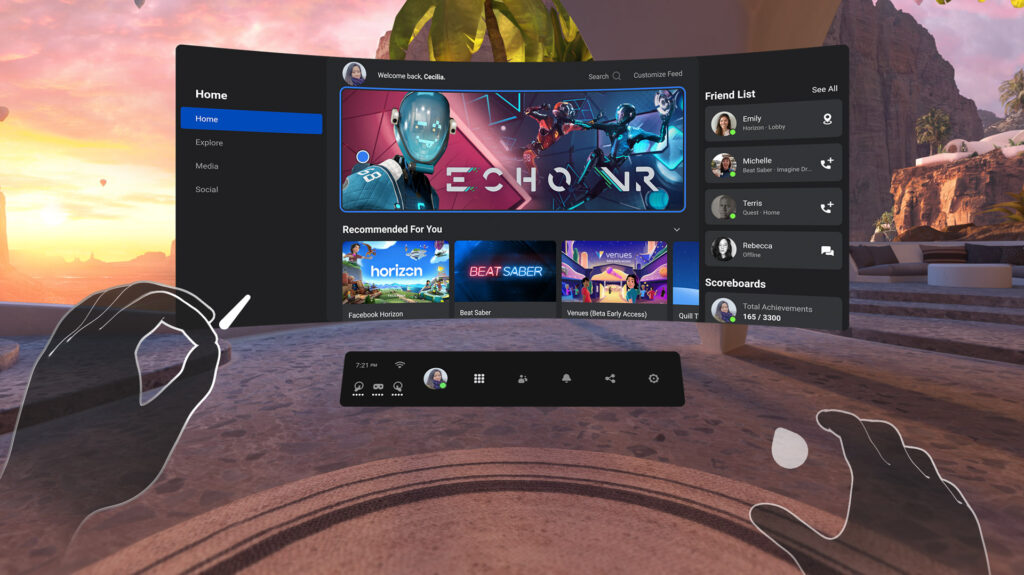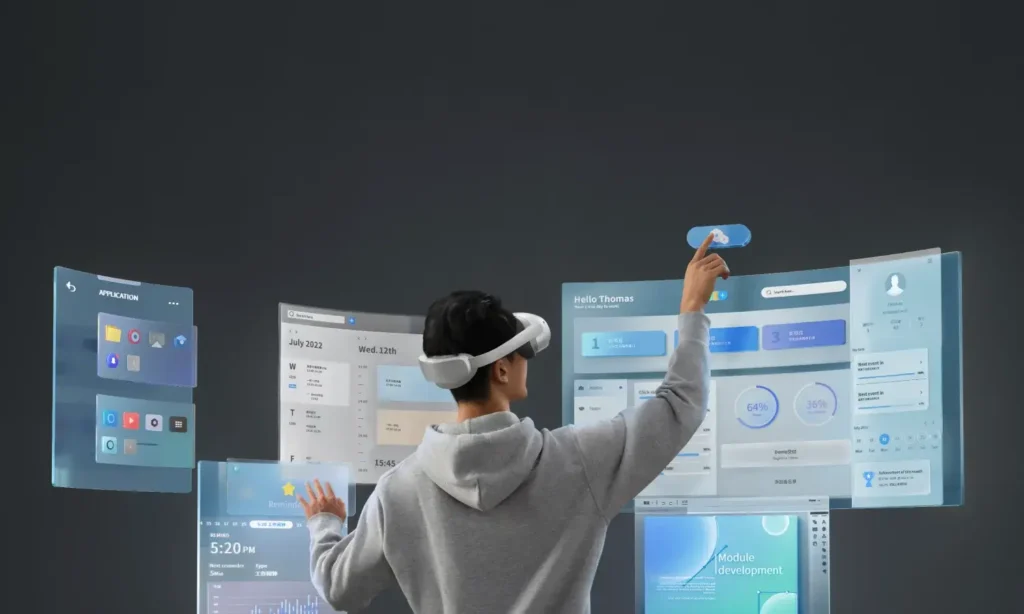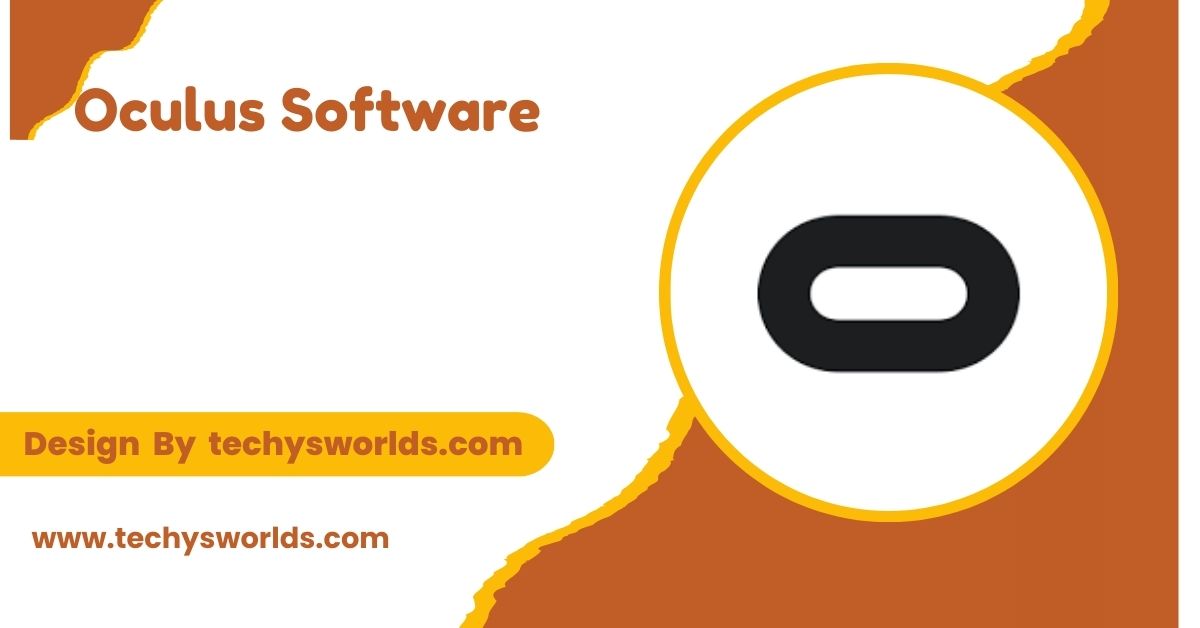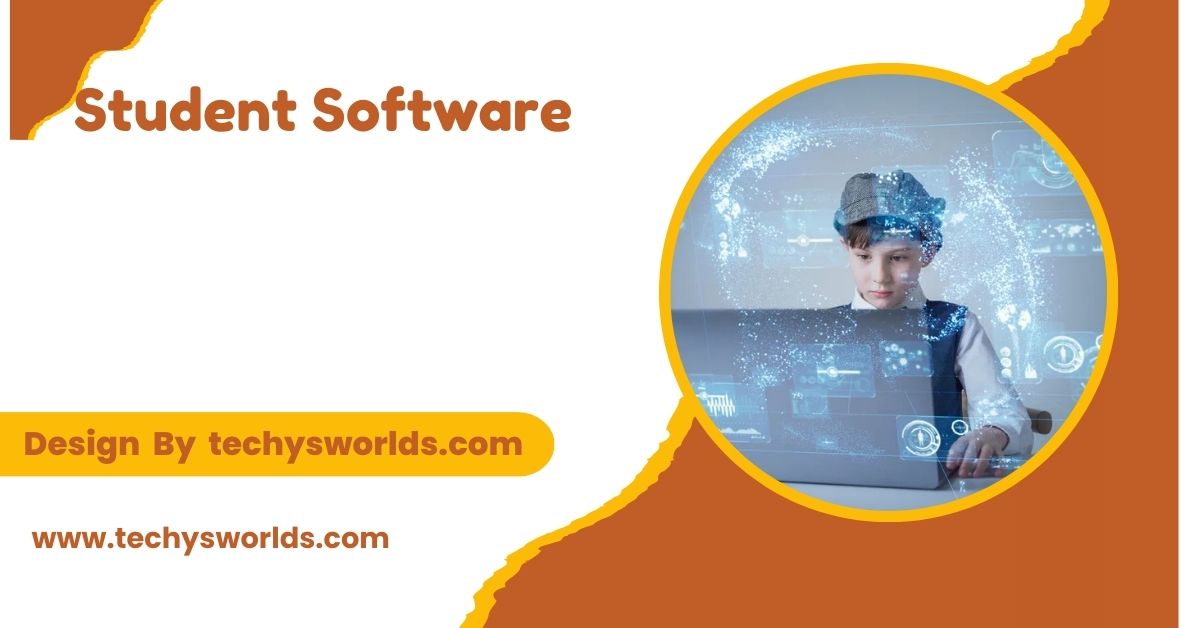Oculus software is a powerful platform for creating and experiencing virtual reality content, offering immersive tools for gaming, education, healthcare, and more, with robust development tools and cross-platform support.
This article will delve into the features, uses, benefits, and various aspects of Oculus software, highlighting its significant role in the rapidly evolving field of virtual reality.
What is Oculus Software?

Oculus software refers to a suite of applications, tools, and services designed for building, deploying, and interacting with virtual reality environments.
Oculus, founded in 2012 and acquired by Facebook in 2014, focuses on providing an immersive VR experience. The software suite includes the Oculus SDK (Software Development Kit), Oculus App, and Oculus Home, among others, to ensure that VR developers and users have everything they need for creating and enjoying virtual worlds. The software is used across multiple platforms, including Oculus Quest, Oculus Rift, and Oculus Go, offering a wide variety of applications from games and training programs to educational and social experiences.
Key Features of Oculus Software:
Oculus software stands out due to its comprehensive features designed to enhance the VR experience, facilitate content creation, and ensure smooth operations across devices. Key features include:
Also Read: 3D Printing Software – An Expert’s Guide!
Oculus SDK:
The Oculus SDK is an essential tool for developers, providing APIs, libraries, and documentation to create VR experiences for Oculus devices. It enables developers to integrate advanced features like hand tracking, 3D spatial audio, and realistic environmental interactions.
Virtual Reality Experiences:
Oculus software supports a vast range of VR content, from immersive games and simulations to 360-degree videos and educational programs. The software optimizes VR experiences, ensuring that users can interact with digital environments seamlessly.
Oculus App:
The Oculus App connects users to the Oculus ecosystem, allowing for easy device management, content discovery, and social interactions. The app also allows users to purchase, download, and install VR content, stream games, and connect with friends.
Hand Tracking:
Oculus includes built-in support for hand tracking, allowing users to control and interact with VR environments using their hands, without the need for controllers. This feature adds a layer of realism and immersion to VR experiences.
Cross-Platform Compatibility:
Oculus software supports a range of devices, from standalone VR headsets like the Oculus Quest to more PC-intensive systems like Oculus Rift. It allows developers to create cross-platform experiences that can be enjoyed on various devices.
Benefits of Using Oculus Software:

Oculus software offers a host of advantages for developers, consumers, and organizations alike. Its immersive experience, ease of use, and cross-platform functionality are among the many benefits it provides. Some of the key benefits include:
Immersive Experience:
Oculus software powers some of the most immersive VR experiences available today. Its advanced tracking and spatial audio systems help create a realistic sense of presence, allowing users to feel like they are truly inside a virtual world.
Enhanced Development Tools:
With the Oculus SDK, developers have access to advanced VR capabilities such as hand tracking, 3D spatial audio, and room-scale VR. These tools empower developers to create high-quality, interactive, and realistic VR content.
Ease of Use:
Oculus software provides an intuitive user interface that is accessible even to beginners. Whether you’re setting up a VR headset, exploring VR content, or developing a new VR project, the software is designed to be user-friendly and easy to navigate.
Collaborative Opportunities:
Oculus enables users to collaborate in virtual spaces, making it an ideal platform for remote work, team meetings, and collaborative projects. The immersive virtual environments offer a unique alternative to traditional video conferencing platforms.
Regular Updates and Support:
Oculus software is continuously updated with new features, optimizations, and security patches. This ongoing support ensures that users always have access to the latest tools and content available in the VR ecosystem.
How Oculus Software Supports VR Content Creation:
Oculus software is specifically designed to streamline the process of creating high-quality VR experiences. Through its robust development tools, APIs, and SDKs, Oculus has made it easier for developers to build, test, and launch VR applications. Some key aspects include:
Also Read: Application Software – A Thorough Exploration!
Oculus SDK:
The heart of Oculus development, the SDK provides developers with the necessary resources to create VR apps. It offers support for various programming languages like C++, Unity, and Unreal Engine, ensuring compatibility with a broad range of development tools.
Hand Tracking and Interaction:
Oculus supports hand tracking technology that allows developers to design immersive experiences where users interact with the environment using their hands. This technology enhances the feeling of presence and provides a more natural and engaging experience.
3D Spatial Audio:
To complement the visual experience, Oculus software includes 3D spatial audio. This feature enables developers to create soundscapes where sounds are placed in three-dimensional space, enhancing realism and immersion.
Room-Scale VR:
Oculus software supports room-scale VR, enabling users to physically move around a space within the virtual environment. Developers can design apps that make full use of the available play area, creating more interactive and engaging experiences.
Real-Time Collaboration Tools:
Oculus software allows multiple users to collaborate in virtual environments. Developers can create multiplayer games, virtual meeting spaces, and shared workspaces, fostering collaboration and engagement within VR.
Oculus Software and Its Applications in Various Industries:

Oculus software is not just for gaming; it has been adopted by several industries for applications in education, healthcare, architecture, and more. Some key industries benefiting from Oculus VR technology include:
Gaming and Entertainment:
Oculus has revolutionized the gaming industry by providing immersive VR gaming experiences. Popular games like “Beat Saber,” “The Walking Dead: Saints & Sinners,” and “Star Wars: Squadrons” have gained massive popularity among gamers. Oculus also supports virtual theaters, where users can watch movies and interact in a shared digital space.
Education and Training:
Oculus software has proven invaluable in educational and training applications. Virtual classrooms and immersive learning environments allow students to experience complex subjects like biology, history, and engineering in 3D. Medical professionals also use VR for surgical training and anatomy lessons.
Healthcare:
In healthcare, Oculus software is used for therapy, rehabilitation, and medical training. VR-based therapeutic exercises are being used to help patients recover from injuries, manage pain, and overcome phobias. Medical professionals use Oculus-powered simulations to practice surgeries and other medical procedures.
Architecture and Design:
Oculus software is widely used in architecture and design to create interactive virtual models of buildings, interiors, and landscapes. Clients and architects can explore these models in VR, providing a more intuitive and realistic sense of scale and space.
Corporate and Remote Work:
As the world shifts towards remote work, Oculus software offers solutions for virtual office spaces and meetings. Companies use VR environments to simulate in-person interactions, enabling employees to collaborate effectively regardless of geographical location.
Limitations of Oculus Software:
Despite its many advantages, Oculus software has some limitations. These drawbacks need to be considered before adopting the software for specific use cases. Some common limitations include:
High Hardware Requirements:
Oculus software requires high-performance hardware, especially for PC VR setups like the Oculus Rift. Users may need to upgrade their PCs to meet the system requirements for running demanding VR applications.
Motion Sickness:
Some users may experience motion sickness while using Oculus devices, especially during fast or intense movements in virtual environments. This issue can be mitigated by adjusting settings or taking breaks, but it remains a concern for some users.
Limited Battery Life for Standalone Devices:
While the Oculus Quest provides an excellent standalone VR experience, its battery life is limited, typically lasting around 2–3 hours per session. This can be restrictive for long-duration sessions or continuous use.
Expensive Setup:
The initial cost of an Oculus VR setup, particularly for high-end systems like the Oculus Rift, can be expensive. Additionally, developers may need specialized tools or a powerful computer to fully utilize the software.
FAQ’s
1. What is Oculus software used for?
Oculus software is used for creating, managing, and experiencing virtual reality environments. It is widely used in gaming, education, healthcare, training, and social interactions.
2. Can I develop VR applications using Oculus software?
Yes, Oculus software provides a robust SDK for developers to create VR applications for various Oculus devices, including Oculus Quest, Rift, and Go.
3. What hardware do I need to use Oculus software?
To use Oculus software, you will need an Oculus VR headset (such as the Oculus Quest or Rift) and, in some cases, a compatible PC for more demanding VR experiences.
4. Is Oculus software suitable for educational purposes?
Yes, Oculus software has a wide range of applications in education, including immersive classrooms, interactive learning experiences, and virtual simulations.
5. Is Oculus suitable for multiplayer games?
Oculus software supports multiplayer games and virtual environments, allowing users to interact and collaborate in real-time within VR.
Conclusion
Oculus software has revolutionized the virtual reality landscape, offering a versatile platform for both users and developers. Its powerful development tools, immersive VR experiences, and applications across industries make it a leading choice for VR technology. Although it comes with limitations like hardware requirements and motion sickness issues, its continued growth ensures Oculus software remains a top VR solution.
Related Posts
Also Read: Project Management Software – A Step-by-Step Guide!
Also Read: Corsair Keyboard Software – Features, Setup, and Benefits!
Also Read: Tax Preparation Software Can Help Prepare And File Your Taxes By _________. – A Complete Breakdown!



